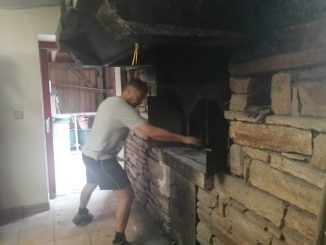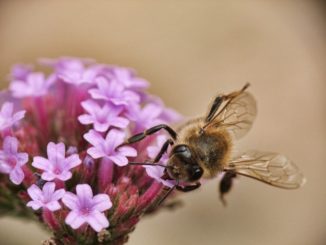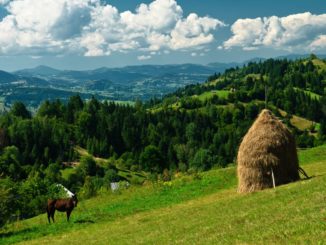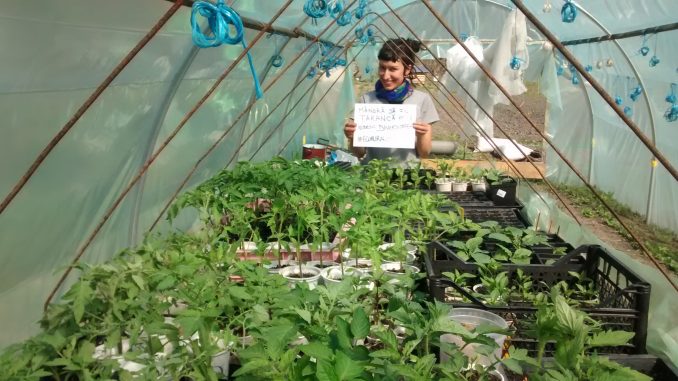
We’re back on Brindusa’s farm in Romania, where the Covid-19 crisis has halted sales to her main customer. On the flip side she’s seeing a lot more interest in local food. She’s been doing a lot of thinking about food justice and the informal economy. The lockdown has made her take stock of her privilege. She’s able to grow her own food. Many are not so lucky. And so this year she’s determined to feed more people than ever. The only question is, how will she distribute this year’s bumper crop?
2020 was supposed to be a year like any other at the Nettle Garden: farming part-time, and remote working from the homestead. We were counting on selling vegetables from our developing market garden to our longstanding customer, the ecological restaurant in town.
But then the pandemic happened and the restaurant had to close. However, there was still time to change the cropping plan – which had a lot of zucchini – to a more diverse one. And to explore our options in this new unprecedented context.
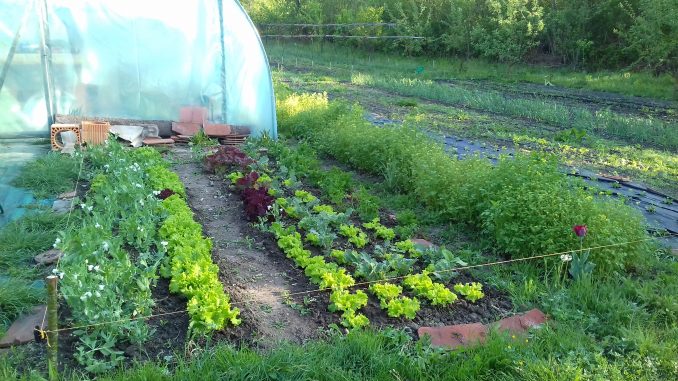
Feeding as Many People as Possible
The crisis made us realize how privileged we are. We’re small-scale growers living on our rural homestead, with diversified income. We’ve been in some form of social isolation for the past four years, since we moved into our self-built little strawbale house. The lockdown did not affect us – except for the worry of how family and friends in the city were faring. And the increased drive to grow more food.
This privilege made us not want to push for a larger income from the garden this year, but rather share the crops with the people who need them. Therefore our objective is to feed as many people as possible from our 0.5 ha of agroecological fruit and vegetable and chicken bounty. That means we are producing way more seedlings than we need, and we are giving the excess to neighbors in the village – who are now more interested in gardening than before.
It is really exciting to consider that the pandemic crisis has the potential to make people collectively consider food as a human right, and to draw more people into producing their own food and caring more for the land and her health.
The “only” missing part is that people need to be enabled to access land, local non-hybrid seeds adapted to their climate, and agroecological knowledge of food production that saves all necessary production resources and generates no waste at the output level.
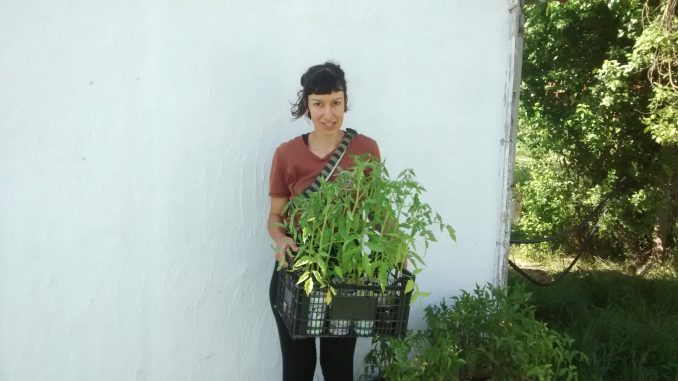
Delivering the Goods
For us, the season has only started. This year we have increased the area we cultivate and improved our growing methods. So there will be a continuous harvest and we will need to sell part of it.
The major impediment to getting the harvest to the city is that only one of us drives and there is not enough time available to do home deliveries or sell at the market. So far, my partner has only delivered food to friends when he urgently needed to go to town. After the 15th of May, there will be a relaxation of lockdown measures and we can explore other options.
Interestingly, a plethora of online sale platforms and apps has cropped up, targeted at small local food growers, each with its more or less helpful services and business models. The government also set up a website where authorised producers could upload their produce for sale. We uploaded 200 kg of unharvested Jerusalem artichoke that the restaurant couldn’t take. But no-one wanted it. Now it’s sprouting into this season’s harvest.
The pandemic brought about a huge demand for home deliveries of food – and far fewer shoppers in the local markets. Although in major cities authorities kept markets open, consumers and some producers were reluctant to show up.
The crisis also disrupted the usual bulk trade in spring greens from the greenhouses of southern Romania to other regions, leaving more space for local growers to step in and supply the demand. Thus producers and fresh produce shops that were able to take orders and do home deliveries, managed to increase their revenues and might continue to do so throughout the season.
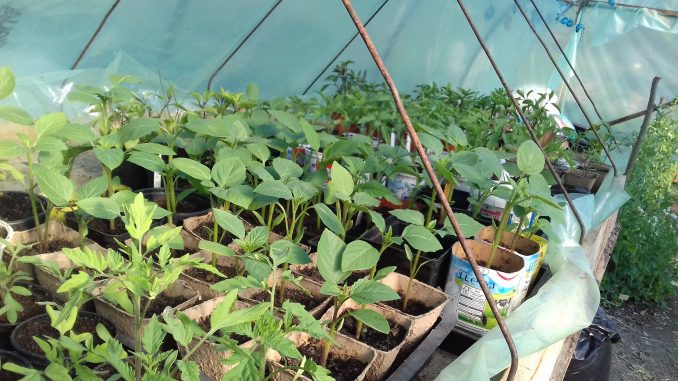
Building for Post-Traumatic Growth
For small-scale food producers like us, work continues uninterrupted. We’re grounded in already available local seeds and natural local inputs.
Now is the time to show our potential, to share the harvest and the knowledge, and to contribute to the resilience of surrounding communities – whether it’s by feeding them, providing seeds and plants, or donating money to people who have lost their income.
On the other side of the pandemic, we are building for post-traumatic growth together.
More Letters from the Farm
Letter from a Farm – Ruminating on the First Two Years in Italy
Letter from a Farm | Saving Carrottop – the Life of a Cow in Mayo
Letter from a Farm | Starting the Soil Health Journey in Ireland



